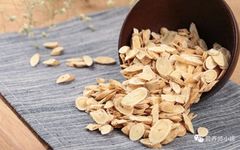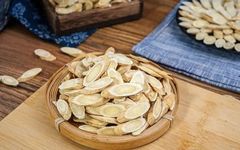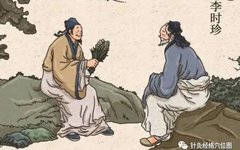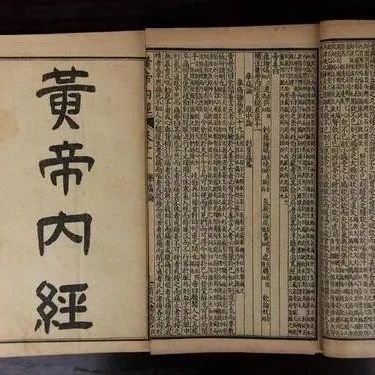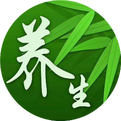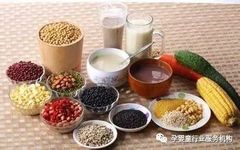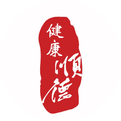The Dangers of Drinking Astragalus Water: Is It Really Harmful to the Kidneys?
Introduction: Astragalus (Huang Qi), a commonly seen herb in daily life, possesses warm and gentle properties, with a sweet taste, and belongs to the spleen and lung meridians. In the clever application of Traditional Chinese Medicine (TCM), Astragalus can exert its remarkable qi-tonifying effects, safeguarding people’s health. It is often said, “The spleen is the … Read more

